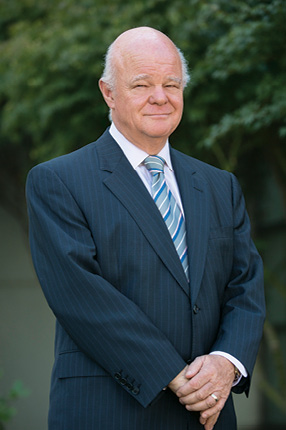
Director’s message
Two decades ago, the cancer world looked vastly different. The human genome was being sequenced. Electronic medical records were an idea. Precision medicine, a distant hope. It was in that environment that UC Davis opened the cancer center in 1991. At the time, research was carried out on the Davis campus; patients were seen in Sacramento.
The landscape has changed dramatically since then. Basic science cancer research is now a robust part of clinical science and care in Sacramento, all aimed at improving patients’ lives. The cancer center also has partnered with dozens of scientists on the Davis campus, including at the world’s best veterinary and agricultural schools and the College of Biological Sciences. Indeed, the cancer center paved the way for true integration of the two campuses.
We also teamed with colleagues at Lawrence Livermore Laboratory to bring their extraordinary expertise to bear on all aspects of the disease. In 2002, we became the 60th cancer center in the country to receive designation by the National Cancer Institute (NCI), and in 2012 became the 41st NCI-designated Comprehensive Cancer Center.
Today, we have more than 300 members, $100 million per year in cancer-related funding, 90,000 clinic visits and 150 active clinical trials. We have a unique program in Comparative Oncology with vet school colleagues, conducting research that helps both human and canine patients. Our Biomedical Technology Program is unmatched in the U.S. We’re engaged in all aspects of improving cancer care through integrative genomics, which is the key to precision medicine.
We built an outstanding program to eliminate cancer health disparities, with a focus on Asian Americans, and a program that helps boost cancer screening in Native Americans. We started a city-wide, early-phase clinical trials program opening access to molecularly-driven advances. Through our Cancer Care Network, we help provide patients outside the Sacramento area the benefit of leading-edge care close to home.
What has remained constant is our focus on patients and their families and our mission to better their lives. There are still many challenges; with the aging population, more and more people will develop cancers. I’m confident that in the years to come our Comprehensive Cancer Center will do more to prevent, alleviate and cure cancer. First, for the people we serve, and then for the nation.
I have greatly enjoyed developing story ideas and introducing each issue of Synthesis these past many years. For now, I leave you in the capable hands of our editor, Dorsey Griffith, and in the future director of your Comprehensive Cancer Center.

